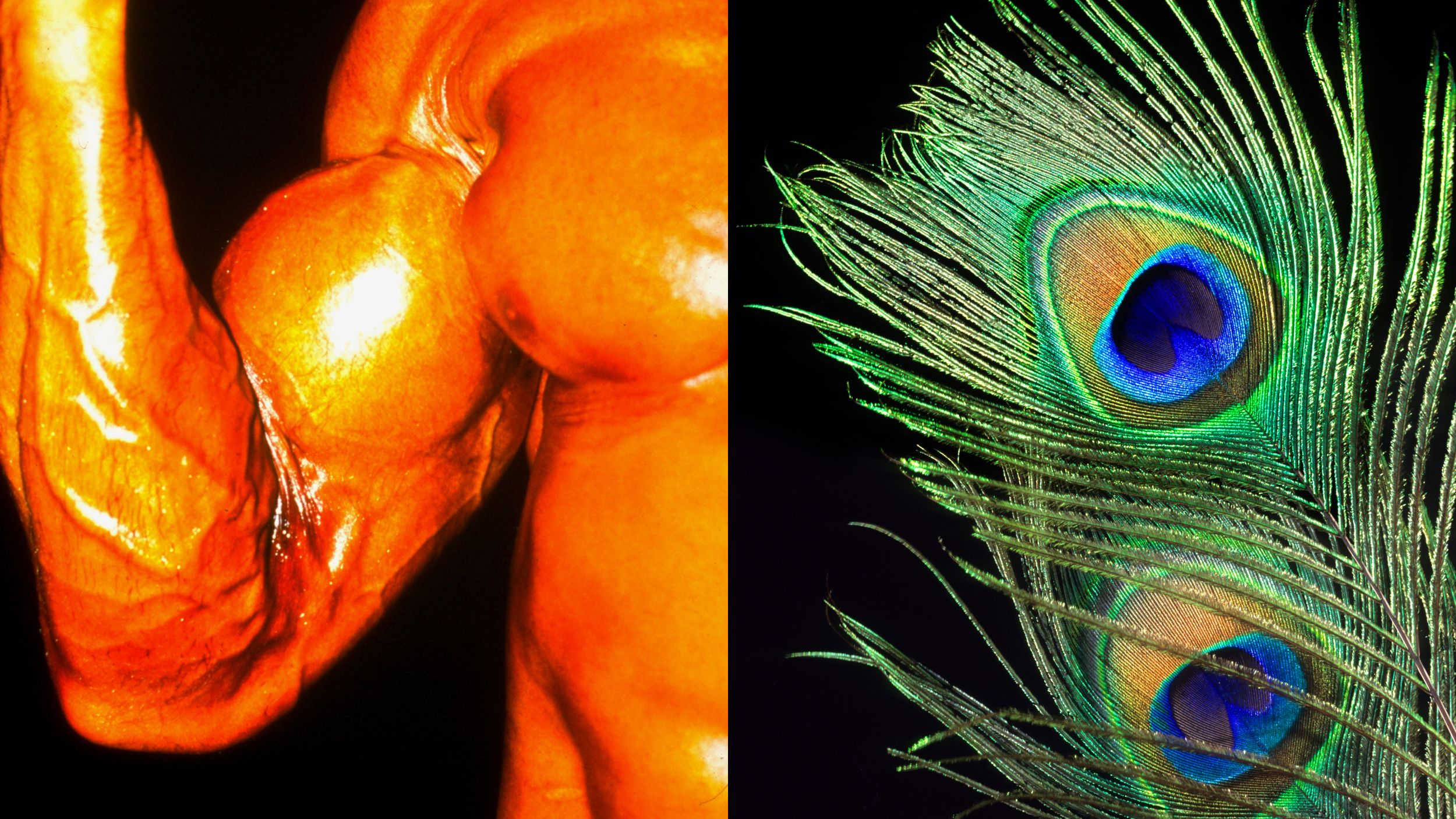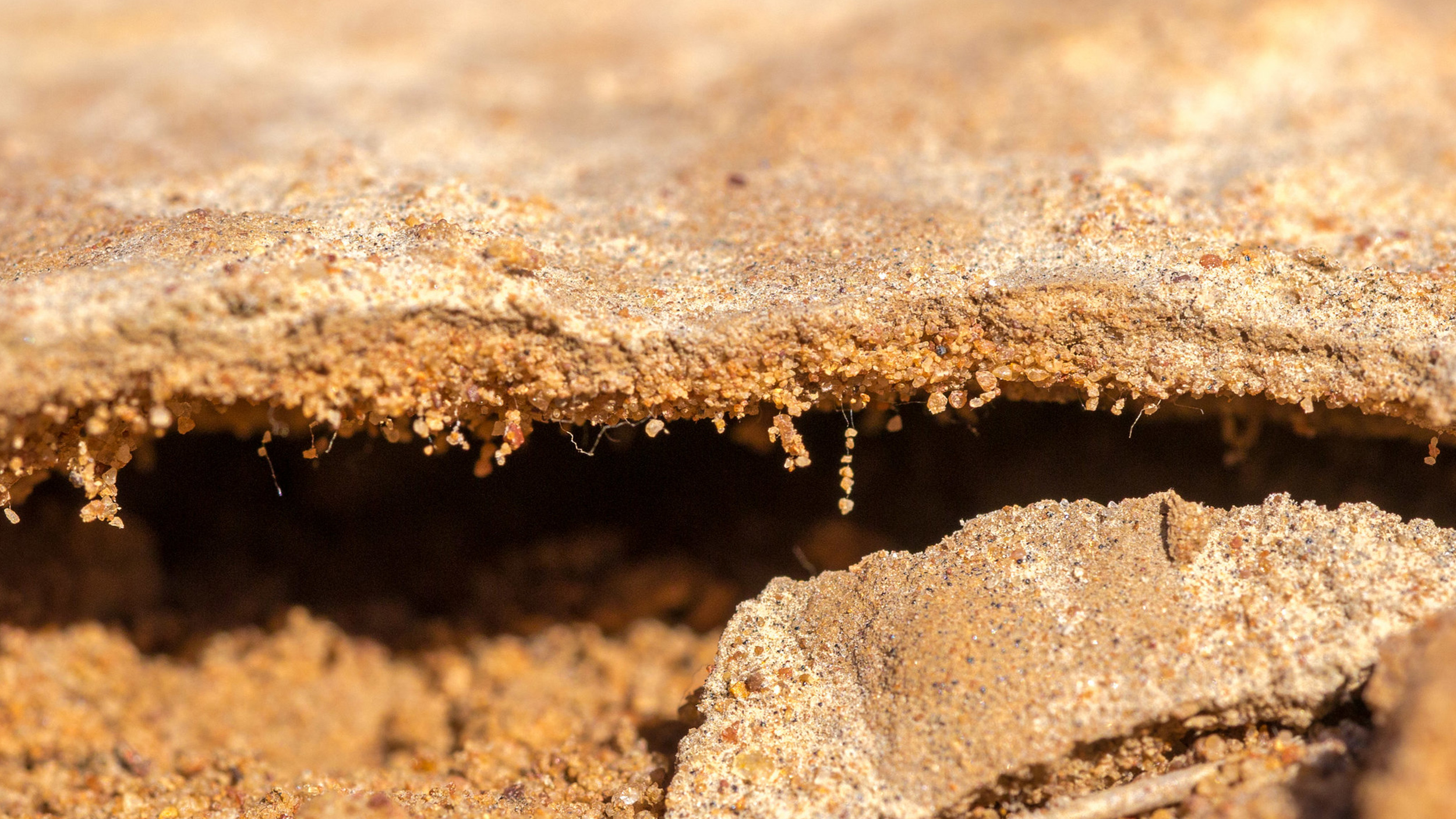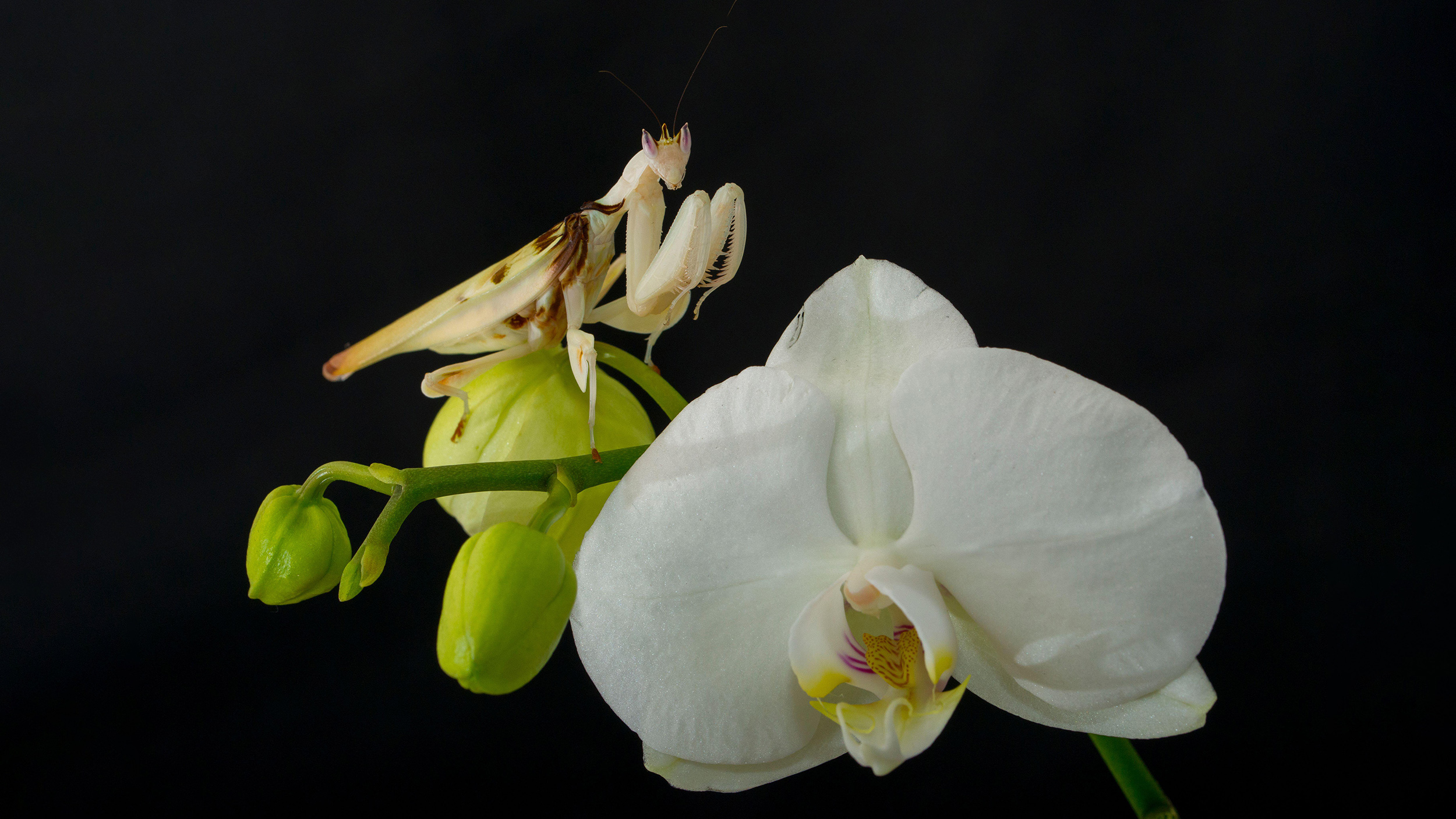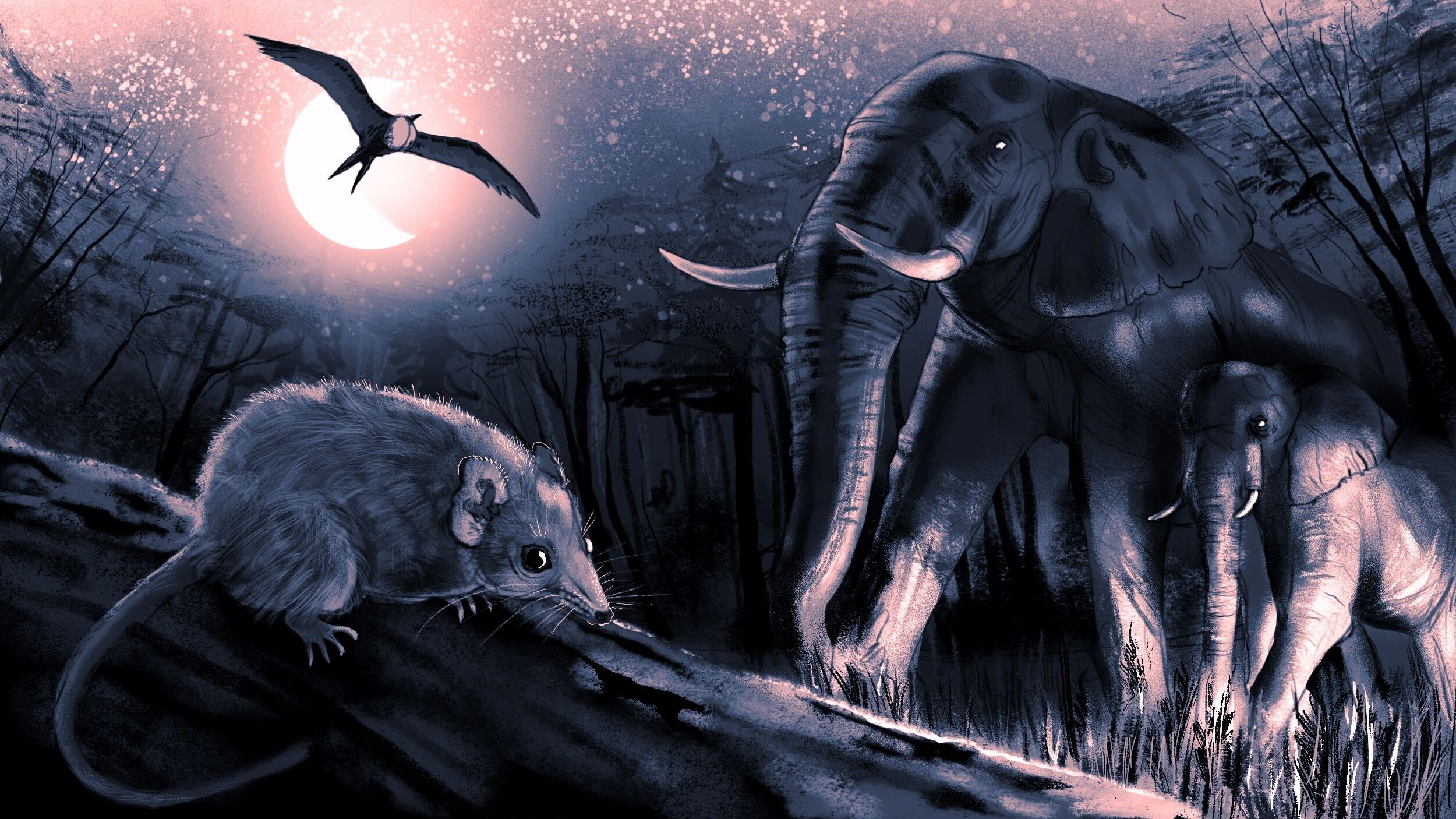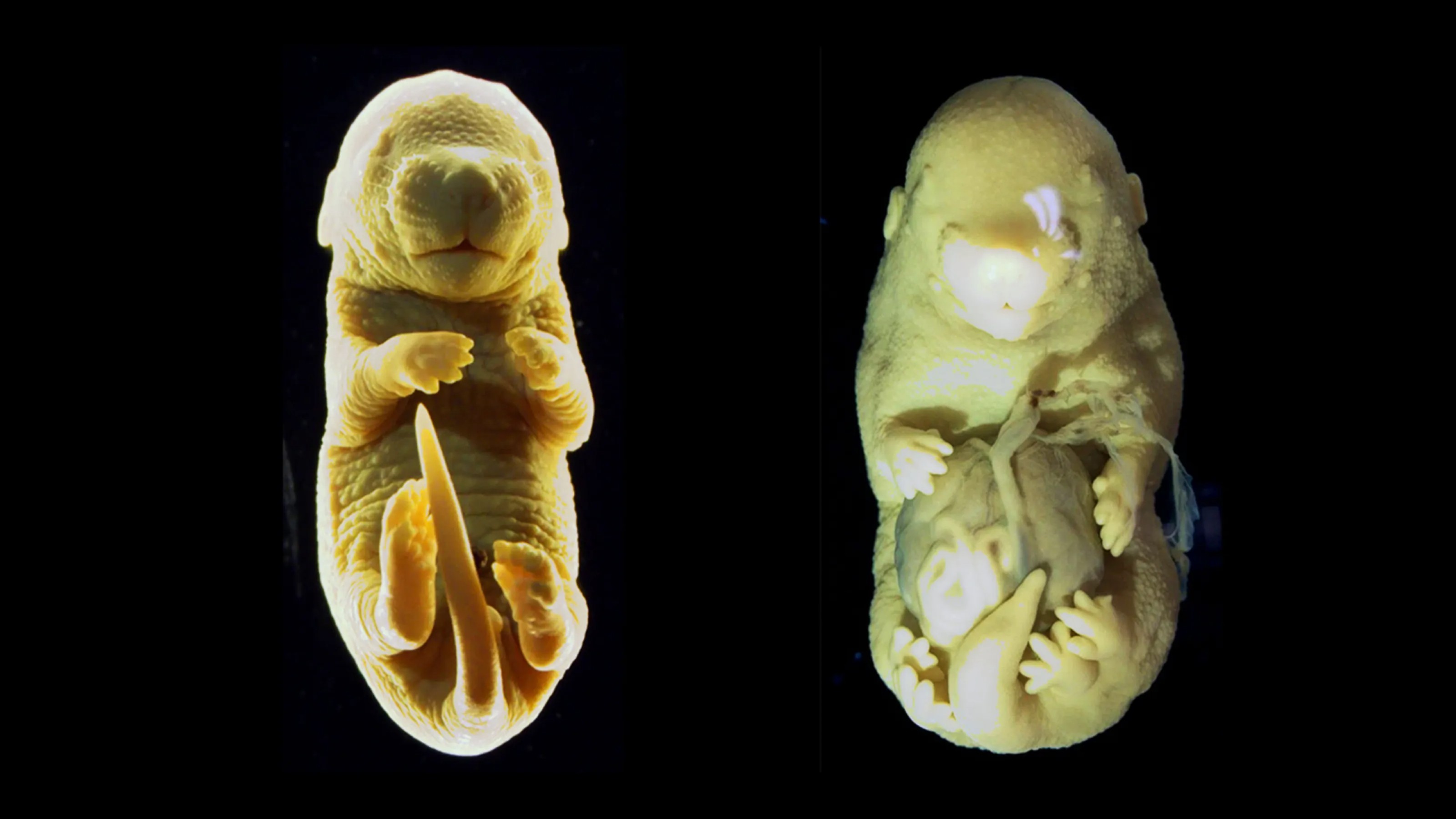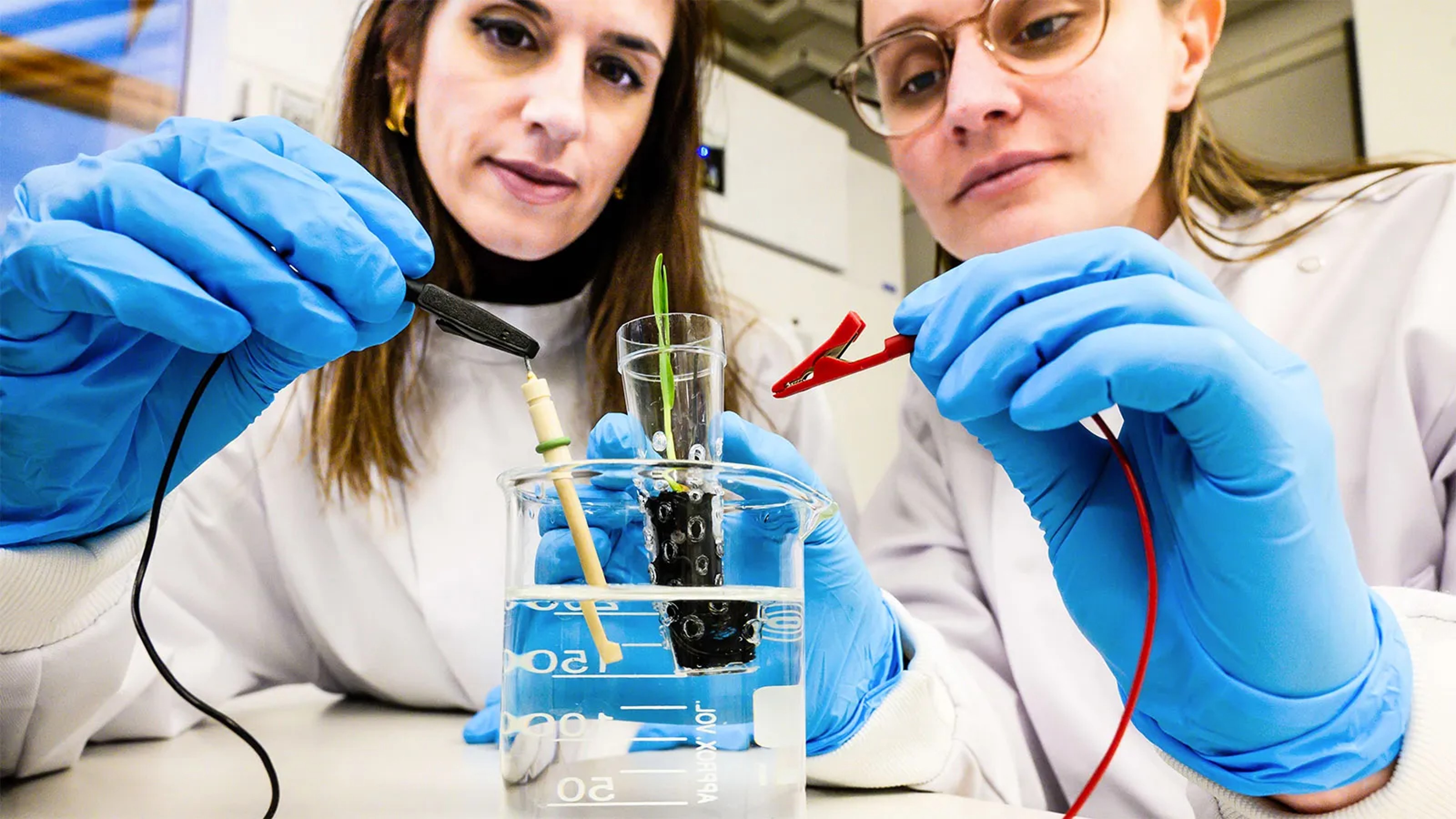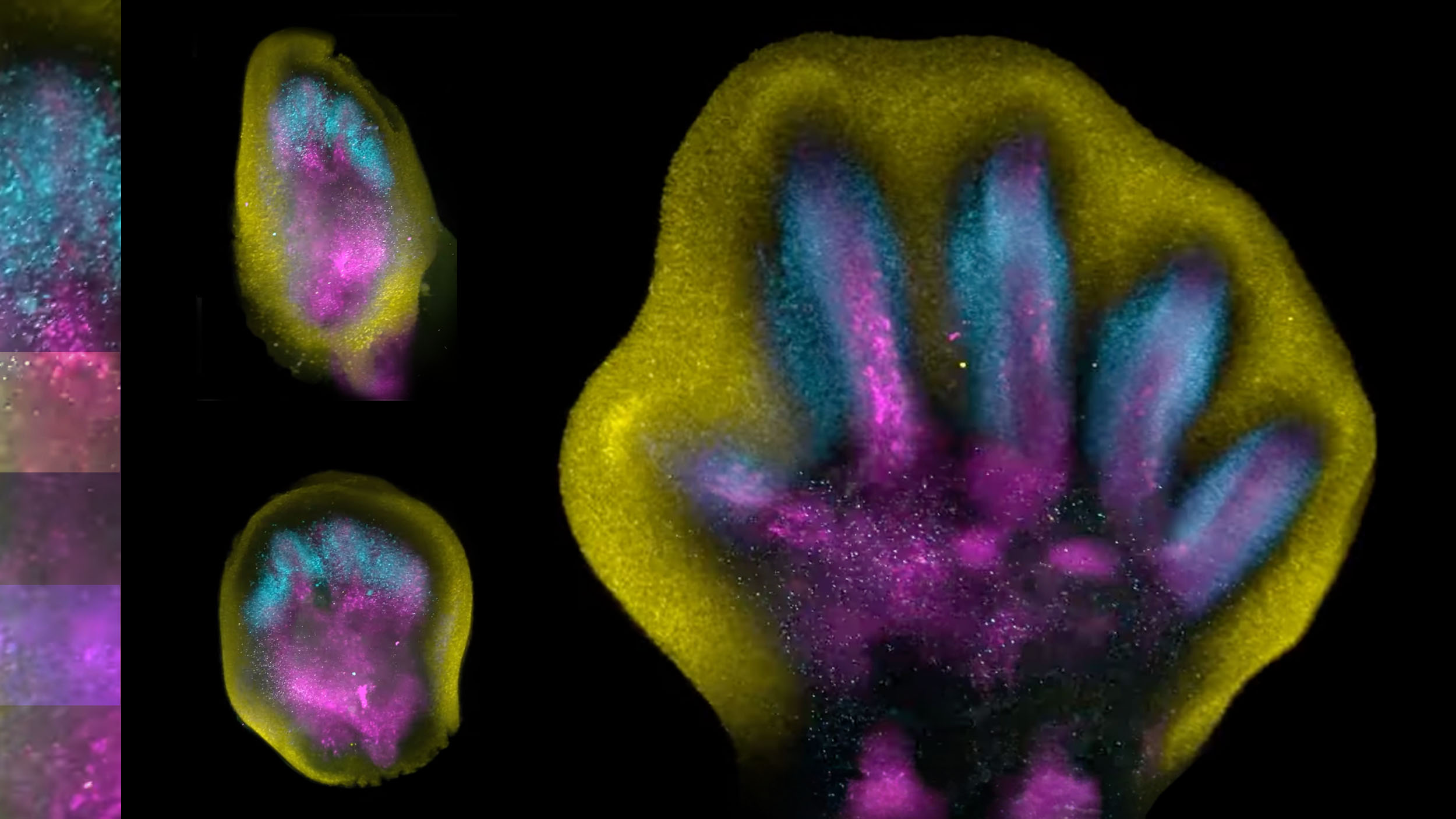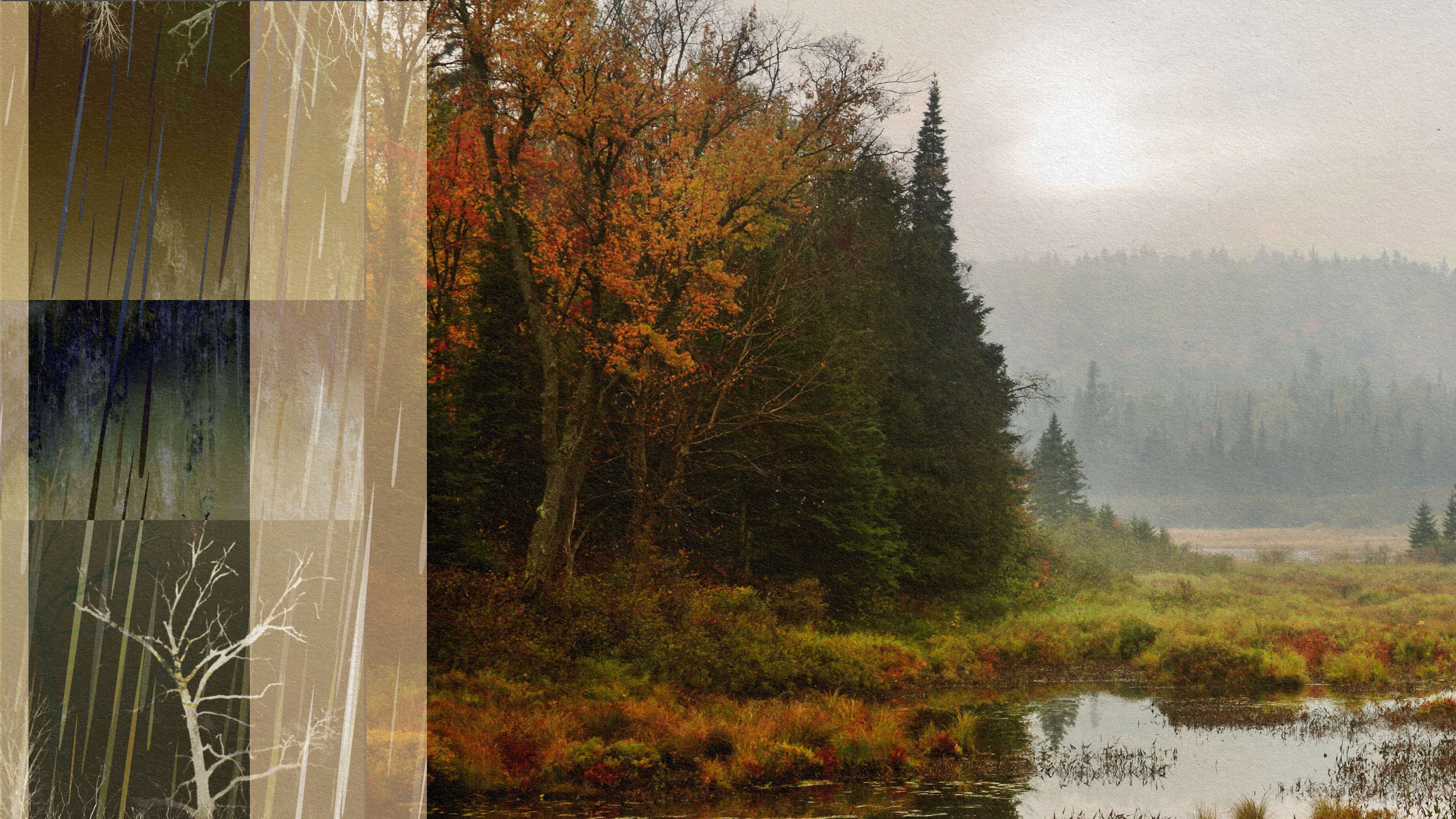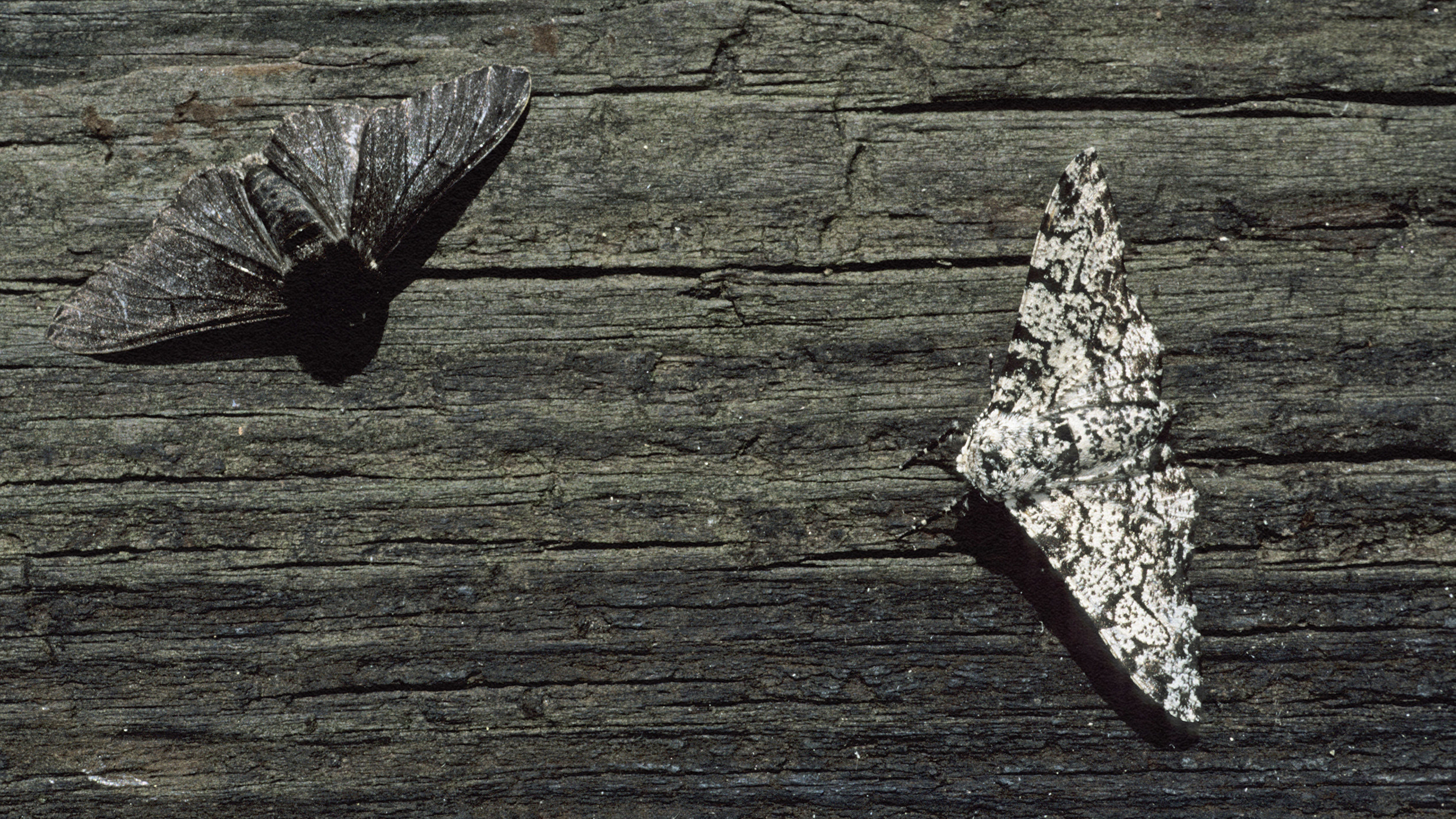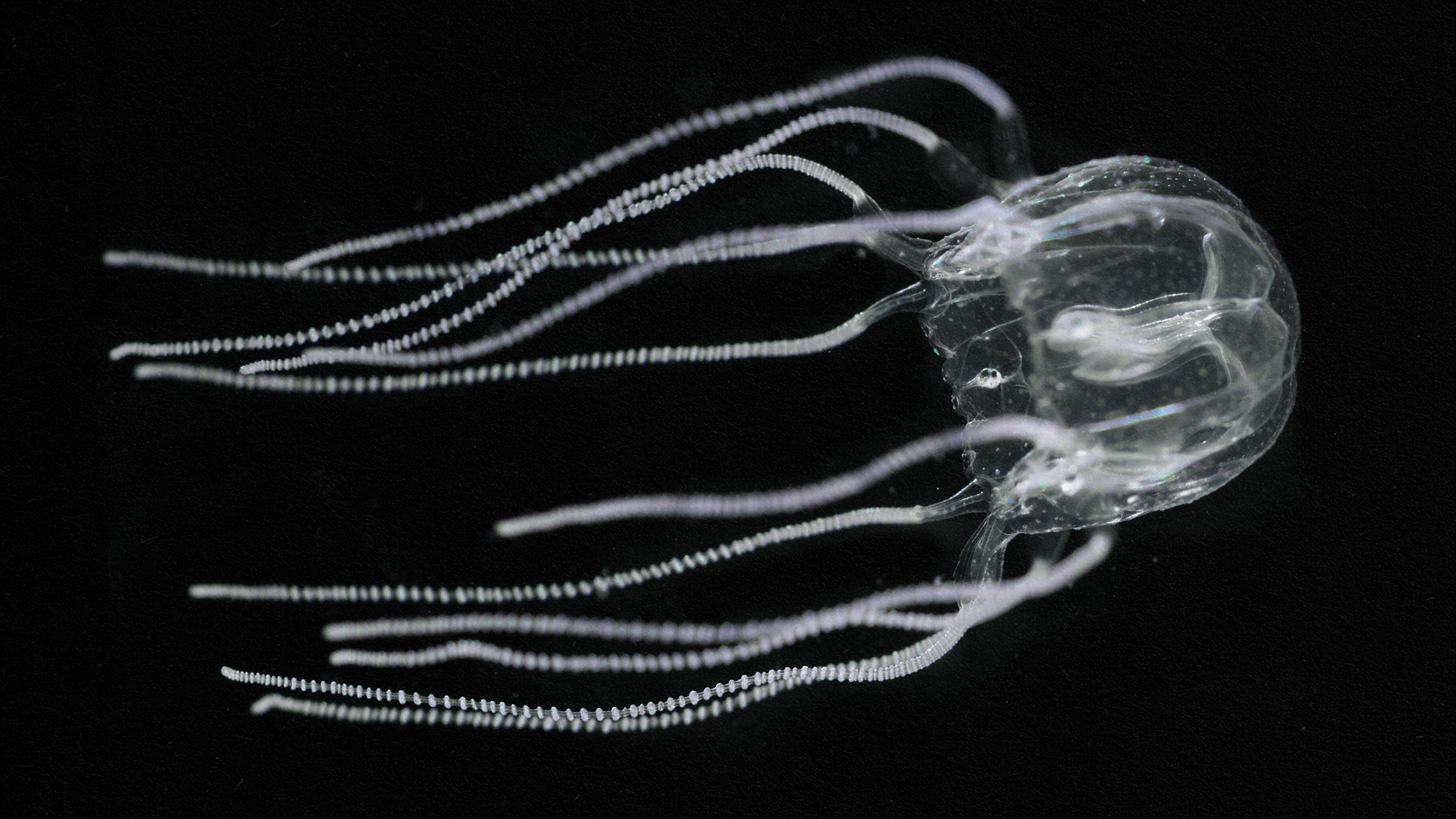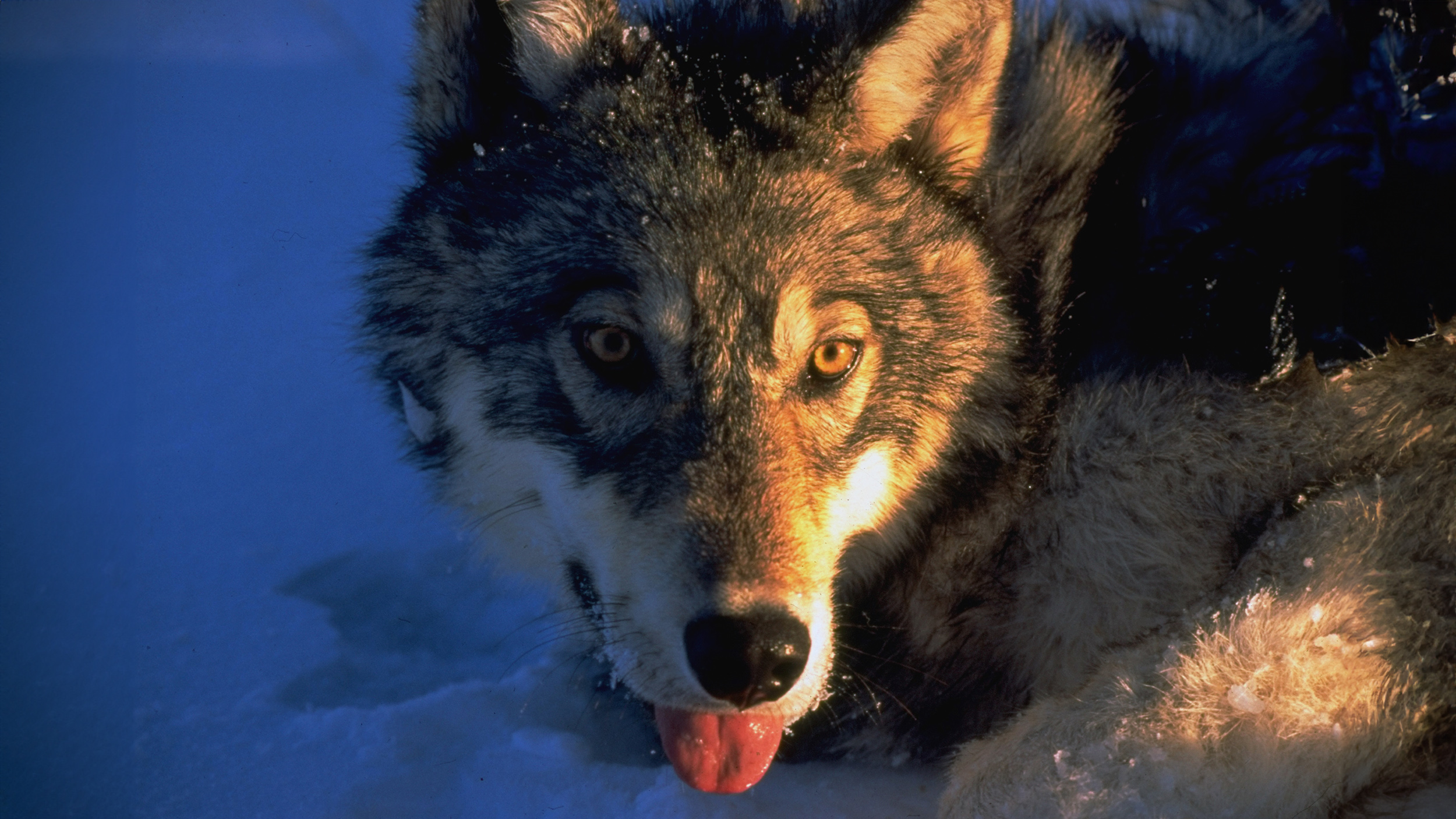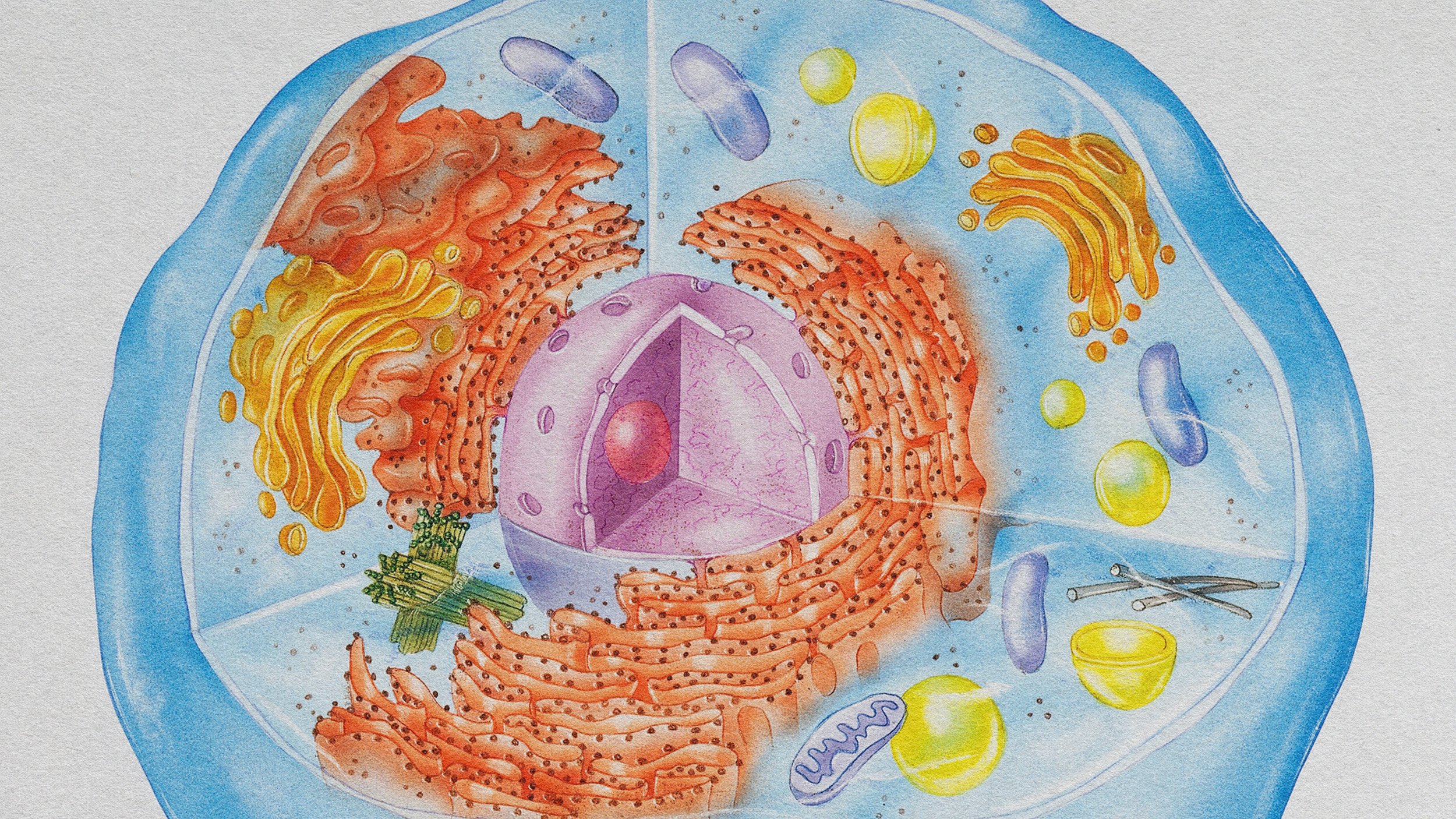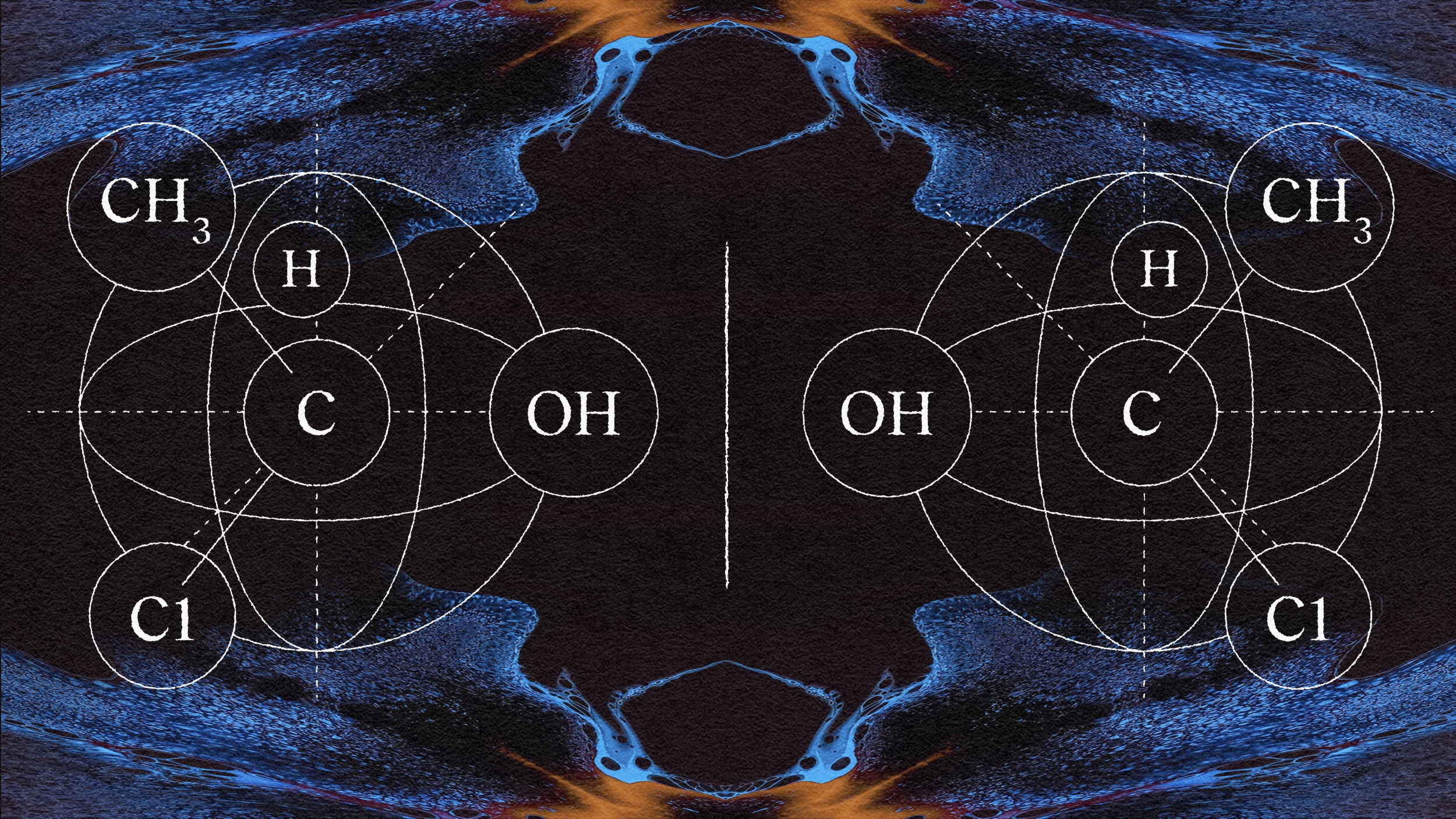Life
All Stories
Science writer Matt Ridley joins us to discuss how “Darwin’s strangest idea” makes us all a bit feather-brained (in a good way).
In his new book, the popular science writer tells the story of how scientists discovered the “gaseous ocean” we all swim in — and the trillions of invisible life forms we share it with.
“I want to change the way we think about the past altogether,” says Dr. Betül Kaçar, an astrobiologist who studies the origin of life.
Can laboratories become more humane, or is it time to end animal research altogether?
Think twice before stepping on that crunchy top layer of soil.
Some biologists believe natural selection produces animals that are just good enough. Dawkins disagrees.
It’s high time owners learned to speak their dog’s language.
“What modern science has taught us is that life is not a property of matter.”
Researchers are working nest by nest to limit the threat while developing better eradication methods.
New tests to detect species being traded, as well as population studies, aim to help save them.
Scientists still aren’t sure how they perform without those restorative Z’s.
Learning to decode complex communication on Earth may give us a leg up if intelligent life from space makes contact.
A study of spinal development took a strange turn and made a surprise discovery.
As the world warms, trees in forests such as those in Minnesota will no longer be adapted to their local climates. That’s where assisted migration comes in.
In a recent paper, biologists outlined a three-part hypothesis for how all life as we know it began.
We don’t yet know if these strange “obelisks” are helpful or harmful.
The discovery suggests that the “Boring Billion” period of evolution on Earth wasn’t so boring after all.
The new electrically conductive substrate could be the future of hydroponic farming.
The first-of-its-kind map, which goes all the way down to the level of a single cell, could help prevent common birth defects.
The ominous cloud of acid rain hasn’t vanished but rather drifted toward the developing world.
Without even realizing it, we’ve actually become pretty god-like in our powers.
Lab experiments showed Caribbean box jellyfish are quick studies of their environment.
These nematodes complicate how we understand evolutionary lineages.
Hundreds of millions of animals get killed for meat every day.
Pugs are funny and cute, but that is because we have bred them intentionally to have debilitating genetic mutations. Is that ethical?
The problem with carnivores turned omnivores.
Scientists agree that eons ago, a bacterium took up residence inside another cell and became its powerhouse, the mitochondrion. But there are competing theories about the birth of other organelles such as the nucleus and endoplasmic reticulum.
This biochemist is determined to create a new life form by reversing the shape of molecules.
Every astrobiologist wants to find an alien. But the public should be skeptical when the “aliens” look like tiny humans.
